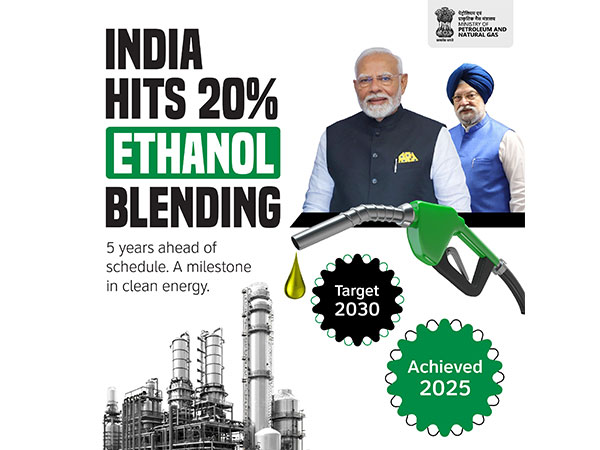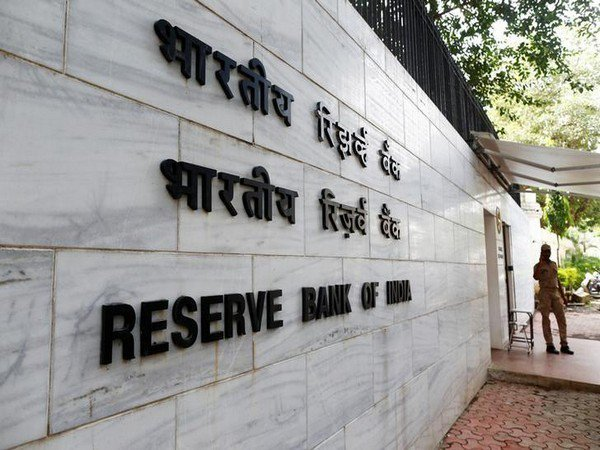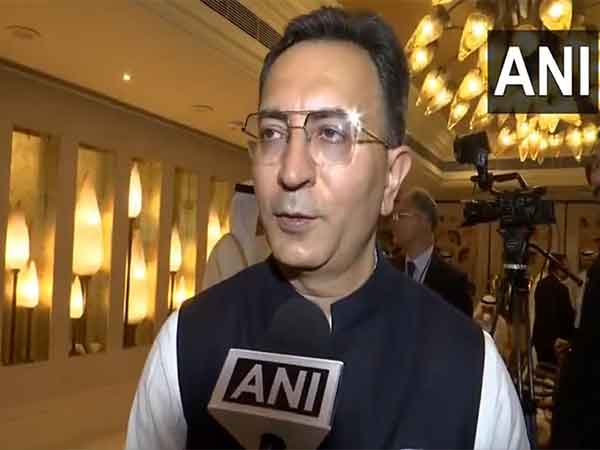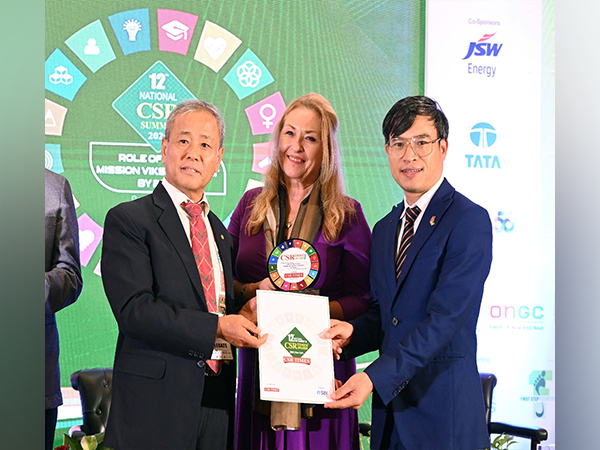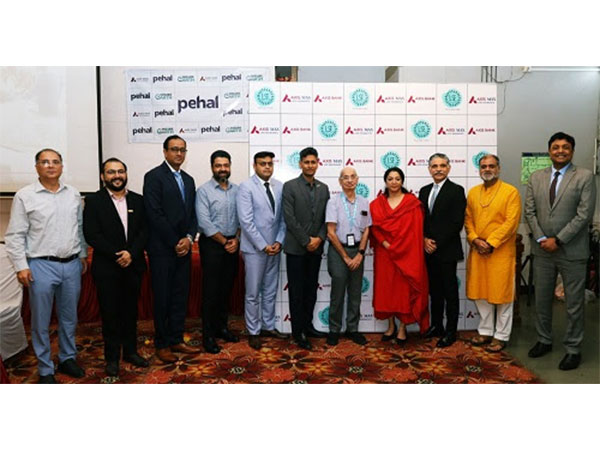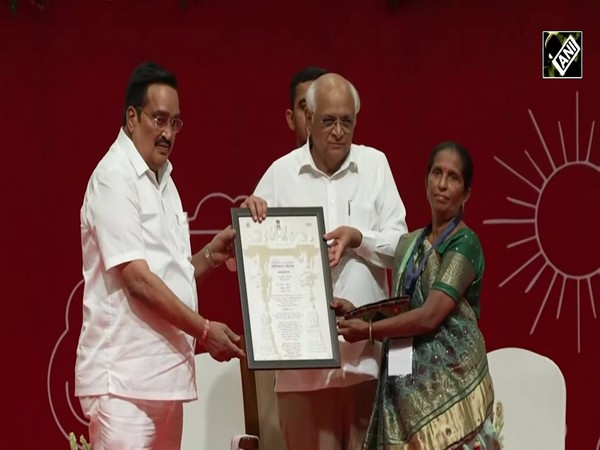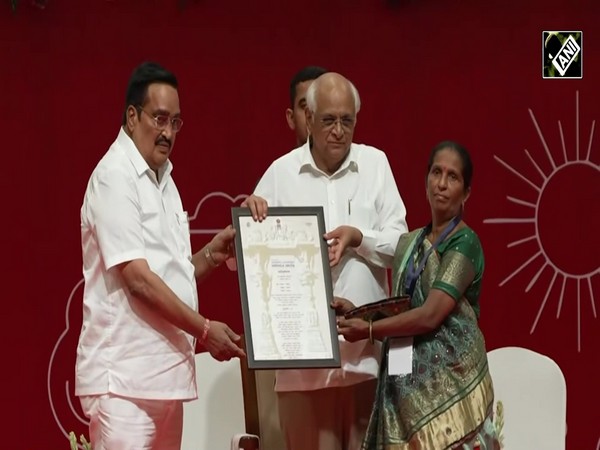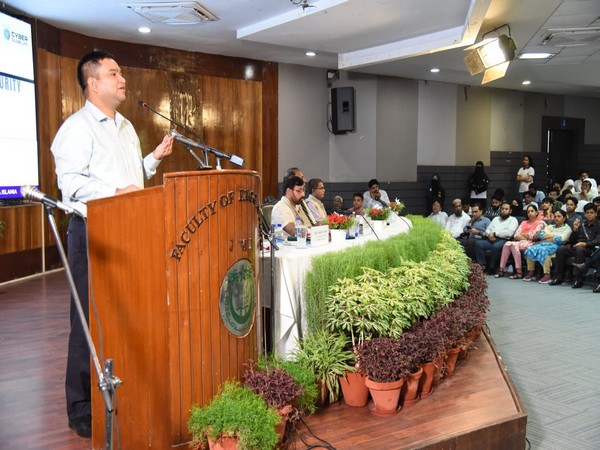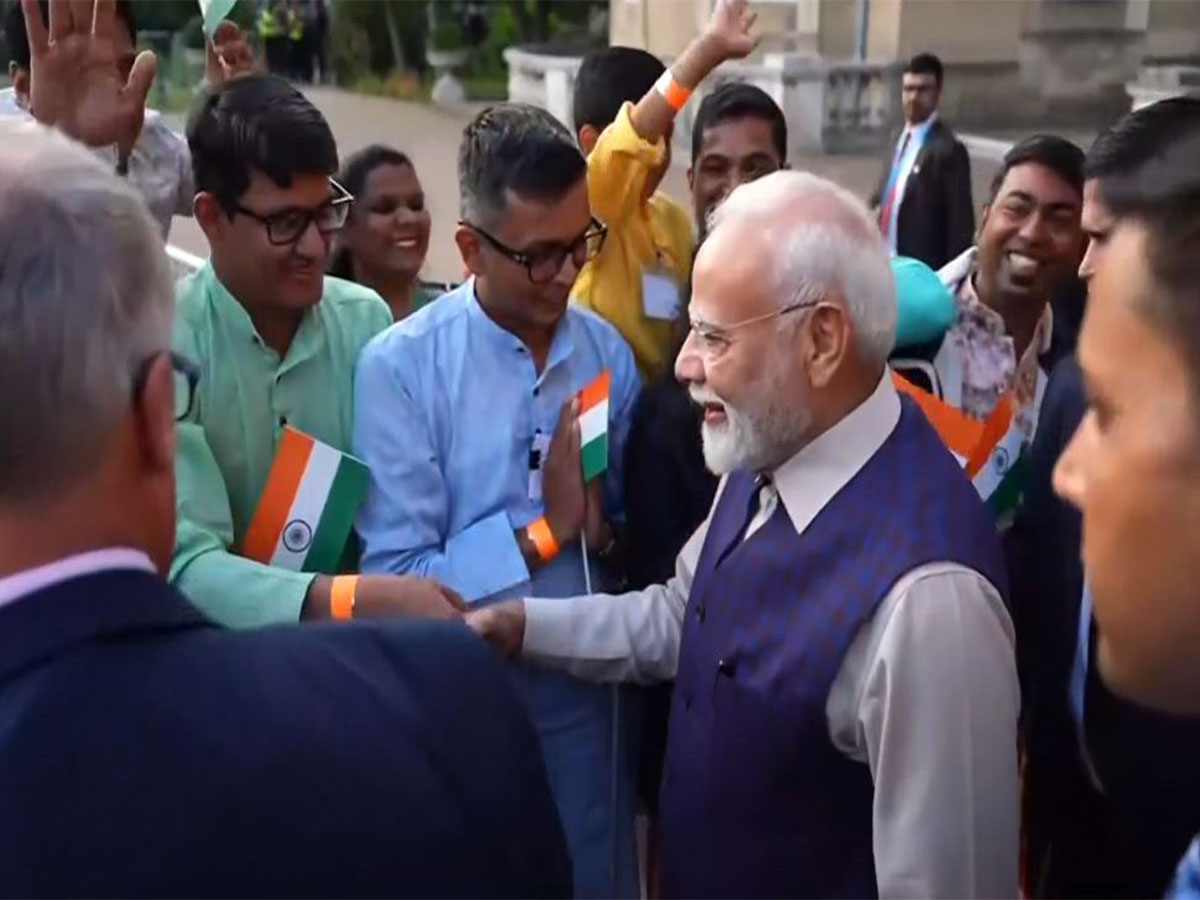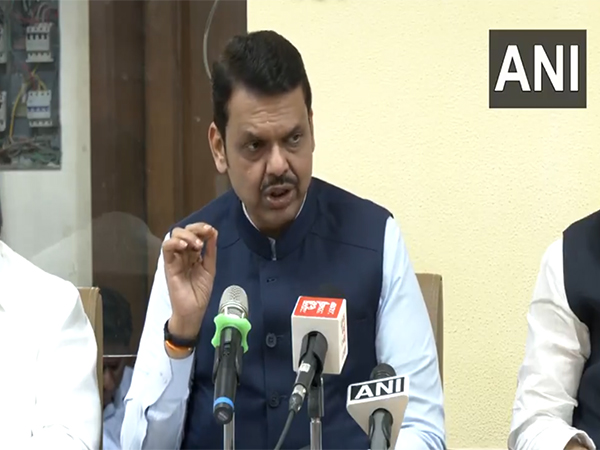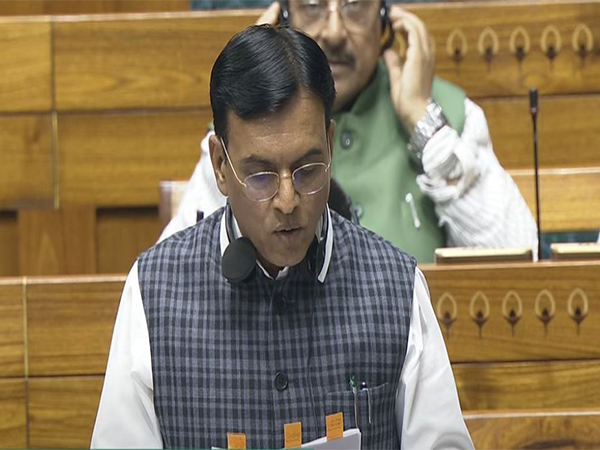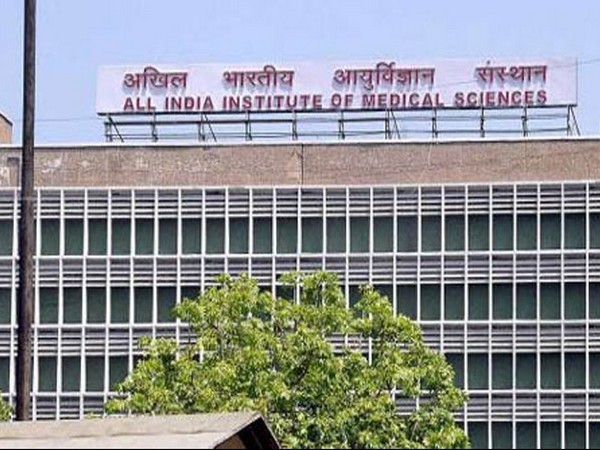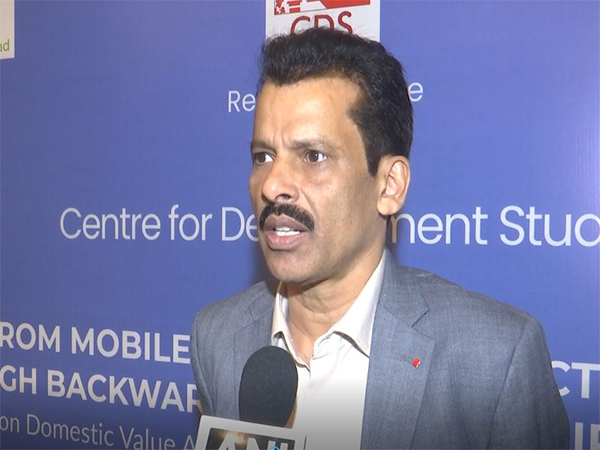
Critical minerals supply issues can be sorted out through bilateral engagements with China: Prof C Veeramani
Jul 23, 2025
New Delhi [India], July 23 : C Veeramani, Professor and Director, Centre for Development Studies, on Wednesday, said that issues related to critical mineral supply chains between India and China can be addressed through negotiations and bilateral engagement.
"It may have some short-term impact, but then China also needs India as much as India needs China, for their growth. They need the Indian market, a large market. This can be sorted out through negotiations and bilateral engagement between the two countries," Professor Veeramani told ANI.
He added that that larger geopolitical issues must be handled at the government level.
"The larger geopolitical issues need to be tackled by the government, and already there are initiatives in terms of signing trade agreements. Efforts are on with the US, with EU there are efforts, recently we have reached an agreement with the UK. We should be more in agreement with other countries to address such problems," he said.
In early April, China announced a decision to implement export controls on certain rare earth-related items, which is expected to push a global supply shortage, including in India.
India is in touch with the Chinese side, seeking predictability in the supply of critical metals. Beyond China, there are only a few alternative suppliers of critical minerals.
The central government has earmarked Rs 1,345 crore to incentivise rare earth magnet production in India, aimed at building domestic capacity, following reports of a global short supply, Minister for Heavy Industries HD Kumaraswamy said recently.
Meanwhile, the Centre for Development Studies (CDS) unveiled a study-based report today, asserting that India could become a key player in the global electronics manufacturing sector with the help of active participation in the supply chains for manufactured exports, particularly by integrating "backwards" into the value chain.
"India has the potential to establish itself as a critical node in the global electronics manufacturing landscape through backwards-linked GVC participation for manufactured exports, potentially challenging the dominance of China and Vietnam in this area," the report said.
The study-based report attributes this shift to a decisive policy realignment towards exports, particularly through the Production Linked Incentive (PLI) Scheme launched in 2020. This, coupled with integration into global value chains (GVCs), has enabled India to transition from an import-dependent mobile market in 2014-15 to a leading hub for production and export.
The report further reveals that India's mobile phone exports surged from USD 0.2 billion in 2017-18 to a staggering USD 24.1 billion in 2024-25, an increase of nearly 11,950 per cent.
Additionally, it reveals that the mobile phone manufacturing sector has seen a significant rise in Domestic Value Addition (DVA), signalling a deepening of the ecosystem. Total DVA reached 23 per cent in 2022-23, amounting to over USD 10 billion. Direct DVA increased by 283 per cent, from USD 1.2 billion to USD 4.6 billion, while indirect DVA, representing contributions from domestic suppliers, rose by 604 per cent, from USD 470 million to USD 3.3 billion.
Employment has also risen in parallel. According to Annual Survey of Industries (ASI) data, the mobile phone sector supported over 17 lakh jobs in 2022-23. Jobs tied to exports alone increased over 33 times, with substantial wage growth observed in export-linked roles.
Professor and Director, Centre for Development Studies, C. Veeramani noted, "With the mobile phone manufacturing providing a blueprint for growth, India can replicate similar strategies across the electronics sector to position the country as a global manufacturing leader,".
Speaking at the event, C Veeramani added, "Elsewhere in the larger electronics sector, so that the opportunities are enormous that exist in that sector and that we can tap into."
Echoing this, Pankaj Mohindroo, Chairman of India Cellular & Electronics Association (ICEA) said, "This study reaffirms what ICEA has consistently advocated that strategic integration into global value chains is critical for scaling exports, enhancing domestic value addition, and creating jobs."
Overall, the report urges policymakers to sustain an outward-oriented approach, suggesting reforms such as liberalised trade policies, tariff correction, and investment in logistics and ecosystem development. Emphasising scale before early-stage localisation, the study outlines a strategic roadmap to maintain India's competitive edge and expand its leadership in global electronics manufacturing.
